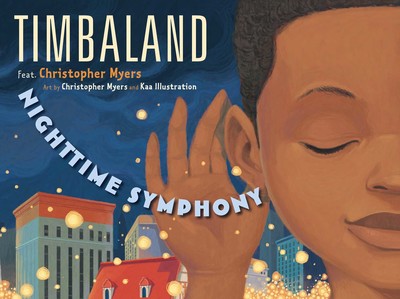Janelle Mathis, University of North Texas
 For this last post focused on the role of literature in supporting music’s importance as a multimodal approach to living and learning in the global society, we consider books that reflect the cognitive support between language and music. The development of both music and language for young learners has been revealed as a somewhat reciprocal process. Recent research, has revealed that the brain regions that process syntax are also responsible for other communicative forms such as music. Concepts about print, conventions of print, rhythm, rhyme and patterned texts are each nurtured by music. Phonological awareness and auditory discrimination of letters and notes, important in language learning, are also important in developing communication through music. Literature offers resources that support these processes. Poetry, obviously, provides rhythm and often rhyme; onomatopoetic words within text can sharpen listening skills; language can help develop a sense of dynamics, tempo, and emotional qualities; and books that point to the importance of listening to the sounds around us link the natural world as a form of communication. Continue reading
For this last post focused on the role of literature in supporting music’s importance as a multimodal approach to living and learning in the global society, we consider books that reflect the cognitive support between language and music. The development of both music and language for young learners has been revealed as a somewhat reciprocal process. Recent research, has revealed that the brain regions that process syntax are also responsible for other communicative forms such as music. Concepts about print, conventions of print, rhythm, rhyme and patterned texts are each nurtured by music. Phonological awareness and auditory discrimination of letters and notes, important in language learning, are also important in developing communication through music. Literature offers resources that support these processes. Poetry, obviously, provides rhythm and often rhyme; onomatopoetic words within text can sharpen listening skills; language can help develop a sense of dynamics, tempo, and emotional qualities; and books that point to the importance of listening to the sounds around us link the natural world as a form of communication. Continue reading

